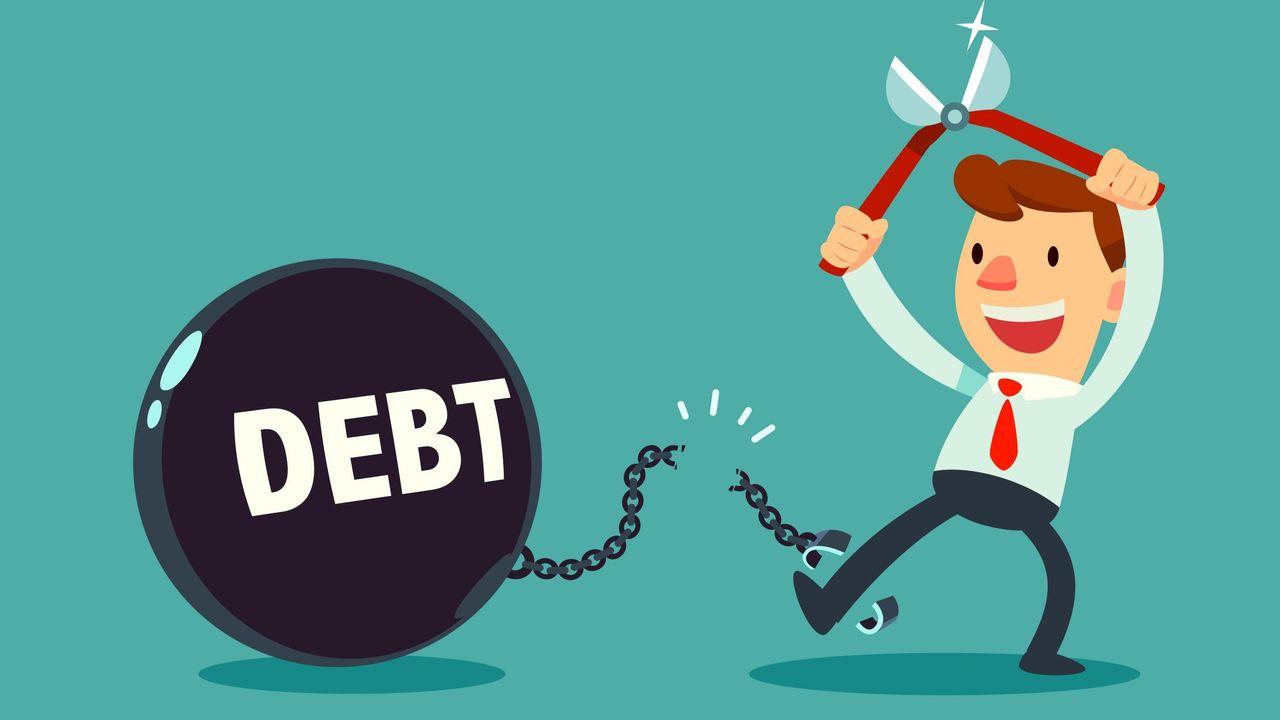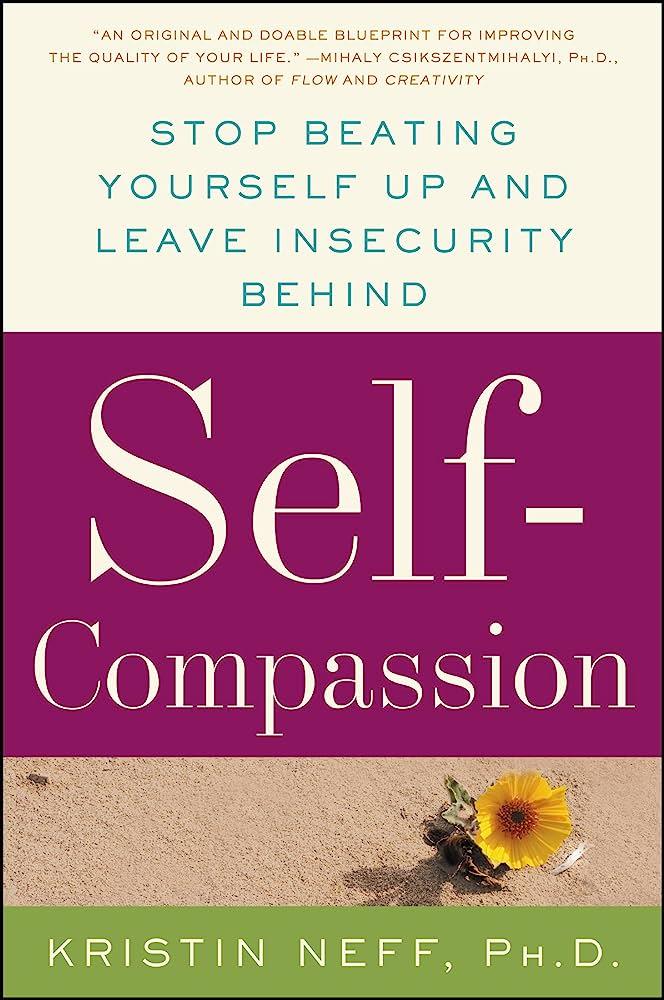In today’s fast-paced world, debt has become a common companion for many of us. Whether it’s student loans, credit card balances, or a mortgage, almost everyone seems to have some form of financial obligation hanging over their heads. But beyond the numbers, debt carries a heavy psychological weight that can affect our well-being, relationships, and overall quality of life. In this article, we’ll delve into the emotional and mental impact of living with debt, and more importantly, explore mindful strategies to manage and overcome it. So, grab a cup of your favorite beverage, get comfy, and let’s navigate the often-overlooked side of debt together.
Struggling with the Stress: Understanding How Debt Affects Your Mind
Debt can really weigh you down, not just in your wallet but also in your mind. When you owe money, it can cause constant worry and anxiety. Sleepless nights, difficulty focusing, and even worsening relationships are just a few of the ways debt-related stress can creep into your daily life. Your mind runs wild with ”what if” scenarios, causing mental fatigue and emotional strain. It’s like carrying a heavy backpack all day long—it wears you out!
- Feeling overwhelmed
- Daily anxiety
- Challenges in relationships
The good news is, there are mindful ways to manage this stress. Start by acknowledging your feelings about debt without judgment. Meditation and deep-breathing exercises can help calm your mind. Create a realistic repayment plan and stick to it. Small, manageable steps can make a big difference and give you a sense of control. Remember to take time for self-care activities you enjoy, like reading or going for a walk. Taking care of your mental health is just as important as managing your debt.
| Mindful Practices | Benefits |
|---|---|
| Meditation | Reduces anxiety |
| Deep-breathing | Calms the mind |
| Self-care | Boosts mood |

The Vicious Cycle: How Debt Changes Your Behavior and Priorities
Debt can sneakily alter the way we think and prioritize our lives. When you’re constantly worried about paying bills, the stress can cause you to make hasty decisions. Buying essentials might take a back seat to keeping up with debt payments. You might find yourself cutting corners on food, healthcare, or even activities that bring joy. This creates a stressful living environment where mental health issues like anxiety and depression can thrive.
Changing your behavior to tackle debt can also create a ripple effect on your social life. You might pull away from friends and family due to embarrassment or simply because you can’t afford outings. Relationships can feel the strain, too, as the stress of debt may lead to conflict or misunderstandings. Important priorities like hobbies and self-care often get shelved. It’s essential to be aware of this cycle and actively work toward breaking it with mindful choices and support from loved ones.

Self-Compassion and Financial Woes: Finding Peace Amidst the Struggle
Feeling overwhelmed by debt can take a toll on your mental health. Stress, anxiety, and even depression might become your daily companions. It’s crucial to acknowledge your emotions rather than push them aside. Understanding that it’s okay to feel this way is the first step towards self-compassion. Give yourself permission to feel stressed but then focus on practical steps you can take. Whether it’s creating a budget, seeking professional advice, or simply talking to a friend about your worries, small actions can make a big difference. Don’t forget to take care of your mental well-being by:
- Practicing mindfulness techniques like meditation
- Taking regular breaks and getting adequate sleep
- Engaging in physical activities, even if it’s just a short walk
Another important aspect is understanding that you’re not alone in this struggle. Many people find themselves in debt at some point in their lives. Building a support network can help you stay motivated and keep a positive outlook. Consider joining a support group where you can share experiences and solutions. If you find it hard to open up in person, online forums and communities can provide a sense of connection and understanding. Keep in mind the importance of balancing your financial efforts with self-care activities, ensuring that you’re caring for both your financial and mental health.

Mindful Money Management: Practical Tips to Regain Control
Managing your finances mindfully can significantly reduce the stress that often accompanies debt. One effective approach is to create a budget that aligns with your goals and values. Keep a close eye on your spending habits and categorize your expenses using tools like budgeting apps or simple spreadsheets. Consider the following steps:
- Identify Essential Expenses: Highlight necessities like rent, groceries, and utilities.
- Cut Unnecessary Costs: Trim down on non-essential expenses such as dining out or subscription services.
- Prioritize Debt Repayment: Allocate a portion of your budget to pay off high-interest debts first.
It’s also beneficial to address the emotional and psychological impact of being in debt. Practicing mindfulness and self-compassion can promote a healthier mental state. Implement techniques such as:
- Mindful Meditation: Spend a few minutes each day focusing on your breath to reduce anxiety.
- Positive Affirmations: Reinforce empowering beliefs about your ability to manage money effectively.
- Seek Support: Talk to a financial advisor or join support groups for guidance and encouragement.
| Strategy | Benefit |
|---|---|
| Budgeting | Increases financial awareness |
| Cutting Costs | Frees up resources for debt repayment |
| Mindful Practices | Reduces financial stress |
Q&A
Q&A:
Q1: Why does debt have such a strong psychological impact on people?
A1: Debt can be like a heavy cloud hanging over you. It’s not just about the numbers; it can affect your self-esteem, cause anxiety, and even lead to depression. Financial stress often leads to feelings of guilt, shame, and constant worry, which can really take a toll on your mental health.
Q2: What are some common emotions people experience when they’re in debt?
A2: People in debt often feel overwhelmed and helpless. They might experience constant anxiety, stress, and even anger. Shame and guilt are also pretty common, especially if they feel like their situation is the result of poor decisions.
Q3: How can mindfulness help in dealing with the psychological impact of debt?
A3: Mindfulness can be a real game-changer. It helps you stay present and focused, reducing the anxiety and stress that come from overthinking the future. By practicing mindfulness, you can learn to manage your emotional responses better and make more thoughtful decisions regarding your debt.
Q4: Can you share some practical mindfulness techniques for someone dealing with debt?
A4: Sure! Here are a few to get you started:
- Mindful Breathing: Take a few minutes each day to focus on your breath. This simple exercise can help reduce stress and bring a sense of calm.
- Gratitude Journaling: Write down things you’re grateful for. This can shift your focus from what’s going wrong to what’s going right.
- Body Scan: Pay attention to different parts of your body, from your toes to your head. This can help you relax and stay grounded.
Q5: Are there any other strategies that can complement mindfulness in overcoming debt-related stress?
A5: Absolutely. Combining mindfulness with practical strategies can be very effective. Some approaches include:
- Budgeting: Create a clear and realistic budget to track your income and expenses. It can give you a sense of control over your finances.
- Seeking Support: Don’t hesitate to talk to a financial advisor or a mental health professional. They can provide valuable guidance and support.
- Setting Small Goals: Focus on small, manageable steps rather than the whole debt amount. This can make the process less daunting and more achievable.
Q6: How important is it to talk about debt with friends or family?
A6: It’s very important. Sharing your struggles can lighten the emotional load and help you feel less isolated. Plus, friends and family can offer practical help or just be there to support you emotionally. It’s about creating a support system that can help you through tough times.
Q7: Any final thoughts for someone who’s feeling overwhelmed by debt?
A7: Remember, you’re not alone and being in debt doesn’t define who you are. Taking small steps, practicing mindfulness, and seeking support can make a big difference. Be kind to yourself, acknowledge your efforts, and keep pushing forward. You’ve got this!
In Conclusion
And there you have it—an exploration into the psychological impact of debt and some mindful strategies to handle it. Remember, while debt can feel like an enormous weight on your shoulders, it’s essential to approach it with a calm mind and a strategic plan. Take it one step at a time, keep your mental well-being a priority, and don’t hesitate to reach out for support when you need it. With mindfulness and resilience, you can navigate your way to financial stability and peace of mind. Thanks for tuning in, and take good care of yourself!


